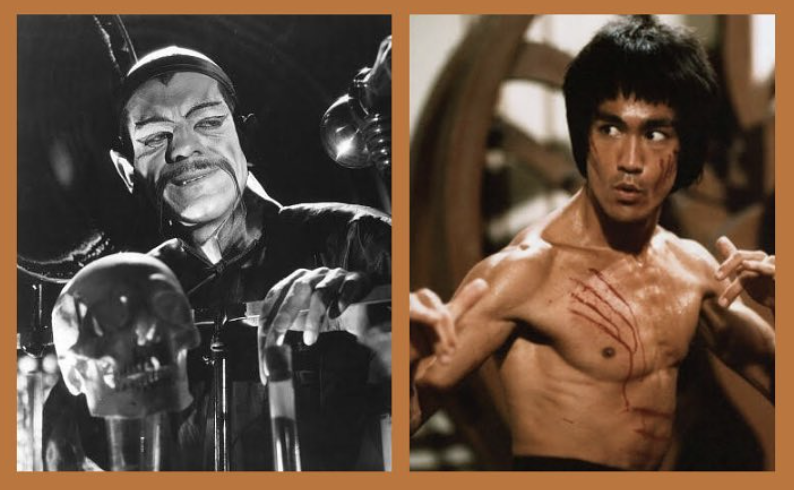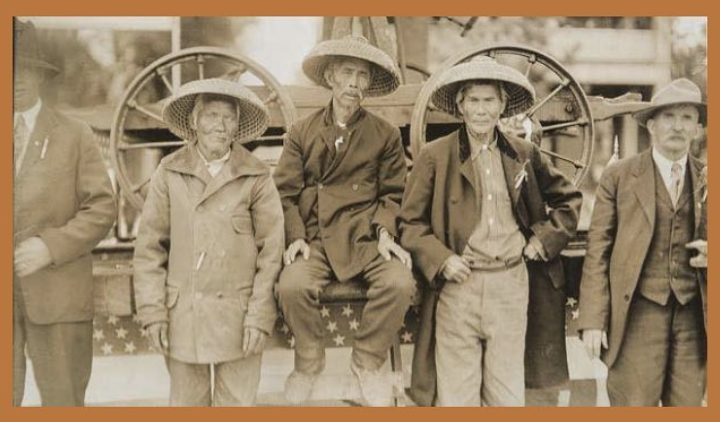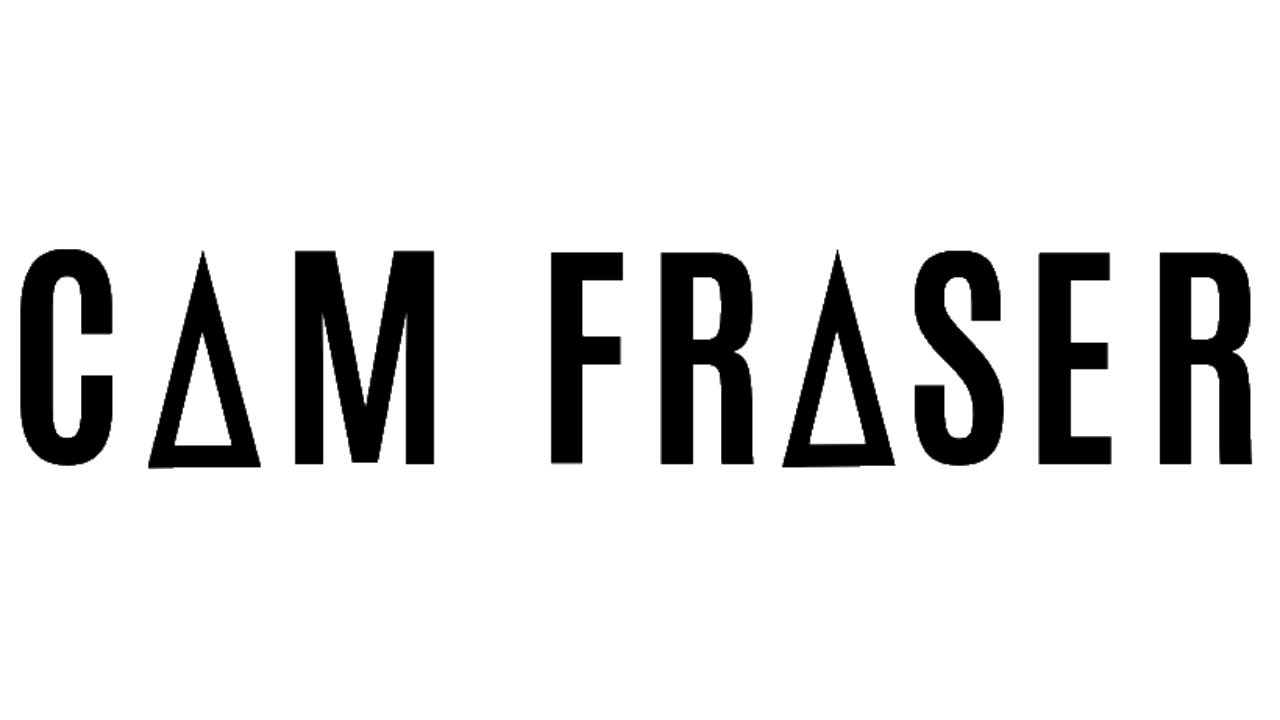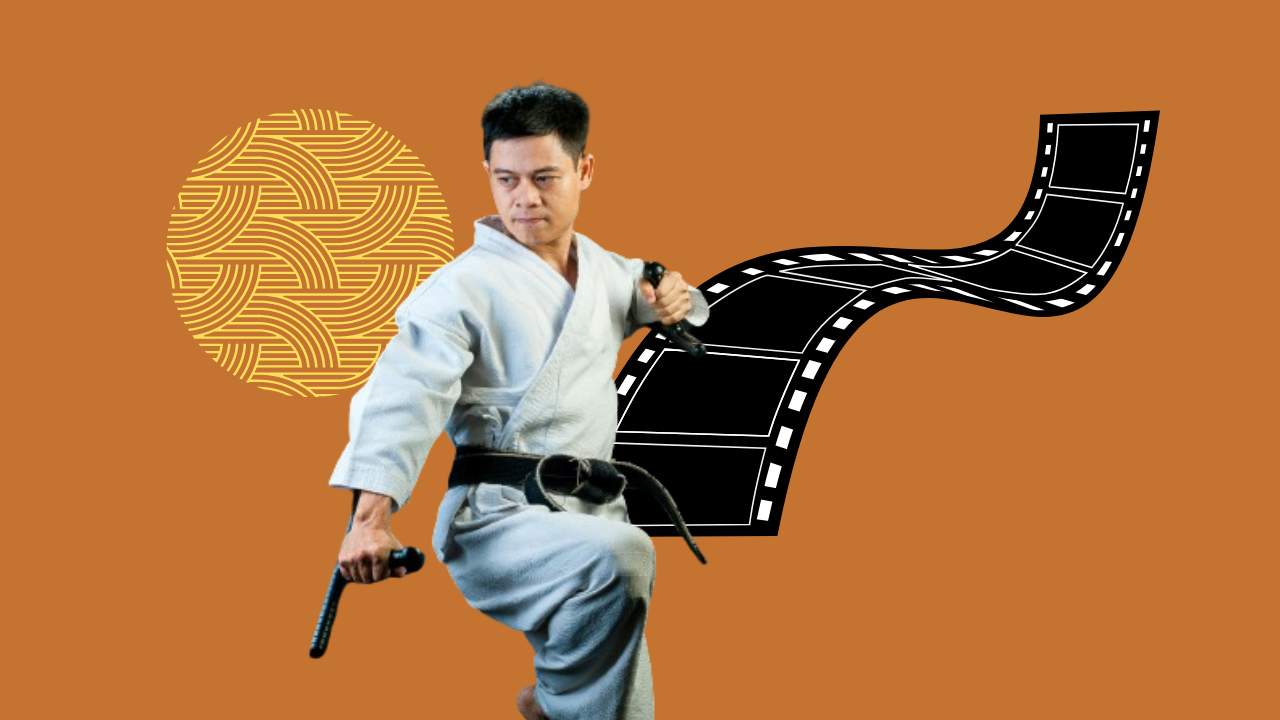I often share about the societal expectations and stereotypes that men experience with regards to their masculinity and sexuality. Typically, my own lived experience informs what I share and talk about. Something I cannot talk about from lived experience are the unique and specific expectations and stereotypes of Asian men.
I recently watched Jeff Adachi’s 2006 documentary, The Slanted Screen, about portrayals or East Asian men in American film and television. From early European-American actors in yellowface to the impact of Bruce Lee, Adachi's documentary examines the portrayal of specifically East Asian men in American film and television.

East Asian men face specific societal expectations and stereotypes. Watching Adachi's documentary has inspired me to share the words of some Asian-American men whose writing has helped informed me about their experiences of masculinity and sexuality.
I hope that by platforming and signal boosting these voices, more people are inspired to have these conversations and interrogate their own assumptions about Asian-American men. I also want to acknowledge that these are predominantly East Asian men’s voices in this particular blog post.
In his 2001 book, Racial Castration, English Professor David L. Eng explains, "the Asian American male is both materially and psychically feminized within the context of a larger U.S. cultural imagery." Hence, the stereotype that Asian men have small penises and weak sexual abilities (Iwamoto & Liu, 2009).
In his 2020 article for The Guardian, 'Good-Looking for an Asian': How I Shed White Ideals of Masculinity, Matthew Salesses explains, "The current stereotype of Asian American men as 'emasculated', 'weak', and 'effeminate' can be traced back to white insecurities over the male Chinese labor force during and after the construction of the transcontinental railroad in the late 19th century."

For a 2021 Washington Post article, Asian American Masculinity is Being Increasingly Celebrated. But Many Men Still Face Stereotyping, Brian Keum further explains that this stereotype of Asian men "being emasculated, effeminate, less attractive, less manly, falling short of the White hegemonic masculinity ideal in the United States" was exacerbated when the 1882 Chinese Exclusion Act forced Chinese immigrant men into jobs as launderers, cooks, and domestic servants.

In his 2011 book, Chinese Laundries, Dr. John Jung writes, "the Chinese Exclusion Act... prevented most early Chinese laundrymen from legally bringing family members from Guangdong, forcing them to lonely lives in bachelor societies for decades."
The story of the Chinese hand laundryman is adjacent to the narrative of the Chinese American immigrant experience of being excluded and increasingly unwanted (Thach, 2015). The further contributes to the stereotype that Asian men are undesirable.
Eddie Huang, in his 2017 New York Times op-ed, Hey, Steve Harvey, Who Says I Might Not Steal Your Girl? said, "the one joke that still hurts, the sore spot that even my closest friends will press, the one stereotype that I still mistakenly believe at the most inopportune bedroom moments... is that women don't want Asian men."
Even Asian men in hyper-masculine industries face these stereotypes. For example, talking with Kevin Krieder, professional basketball player Jeremy Lin said, "Me and John [Wall] were the fastest people in the draft, but he was athletic and I was 'deceptively' athletic."
This is on top of comments such as those from columnist Jason Whitlock, who tweeted this after Lin's 38-point performance against the L.A. Lakers:

As Alex Tizon writes in his 2014 book, Big Little Man: In Search of My Asian Self, "many Western men derive enormous comfort and a good measure of delight in the myth of the small Asian penis. Racial schadenfreude is why the myth endures, and why it will continue to do so. Too many non-Asian men get an immeasurable ego lift from it."
In his 2018 article for MEL Magazine, The Big Myth of the Small Asian Cock, Eddie Kim writes, "Asian men were depicted as submissive, physically impotent beings who schemed with their brains in order to compensate for small dicks." Unsurprisingly, this impacts Asian men's self-image.
Jeff Yang, co-author of the 2022 book, Rise: A Pop History of Asian America from the Nineties to Now, writes, "You tend to see some Asian men who feel like they have to overcompensate both in their behaviour and the way they look to be more masculine, more jacked, more physically perfect than the people around them, just to prove that Asian American men can be that."
According to Lau (2015), for some Asian men, this desire for acceptance manifests as hyper-awareness of how they perform masculinity, desiring to be perceived as hyper-masculine to overcorrect for their feminisation.

